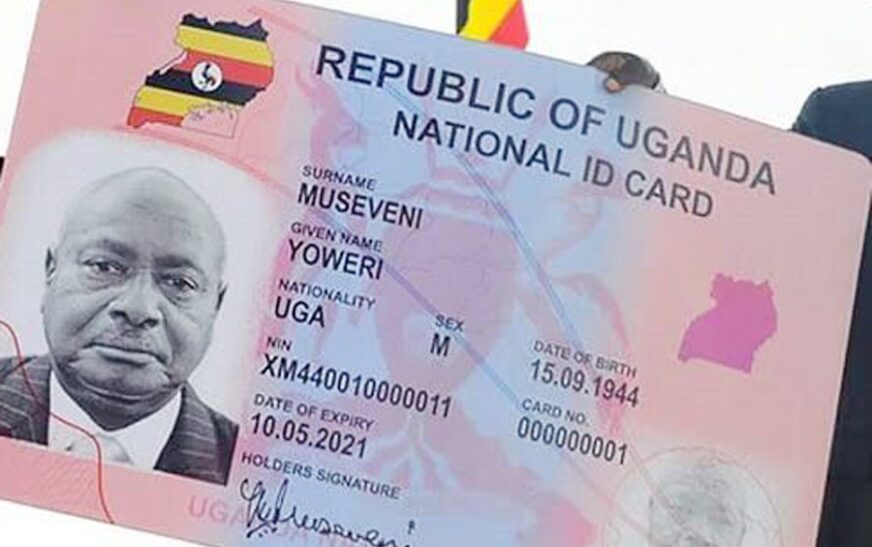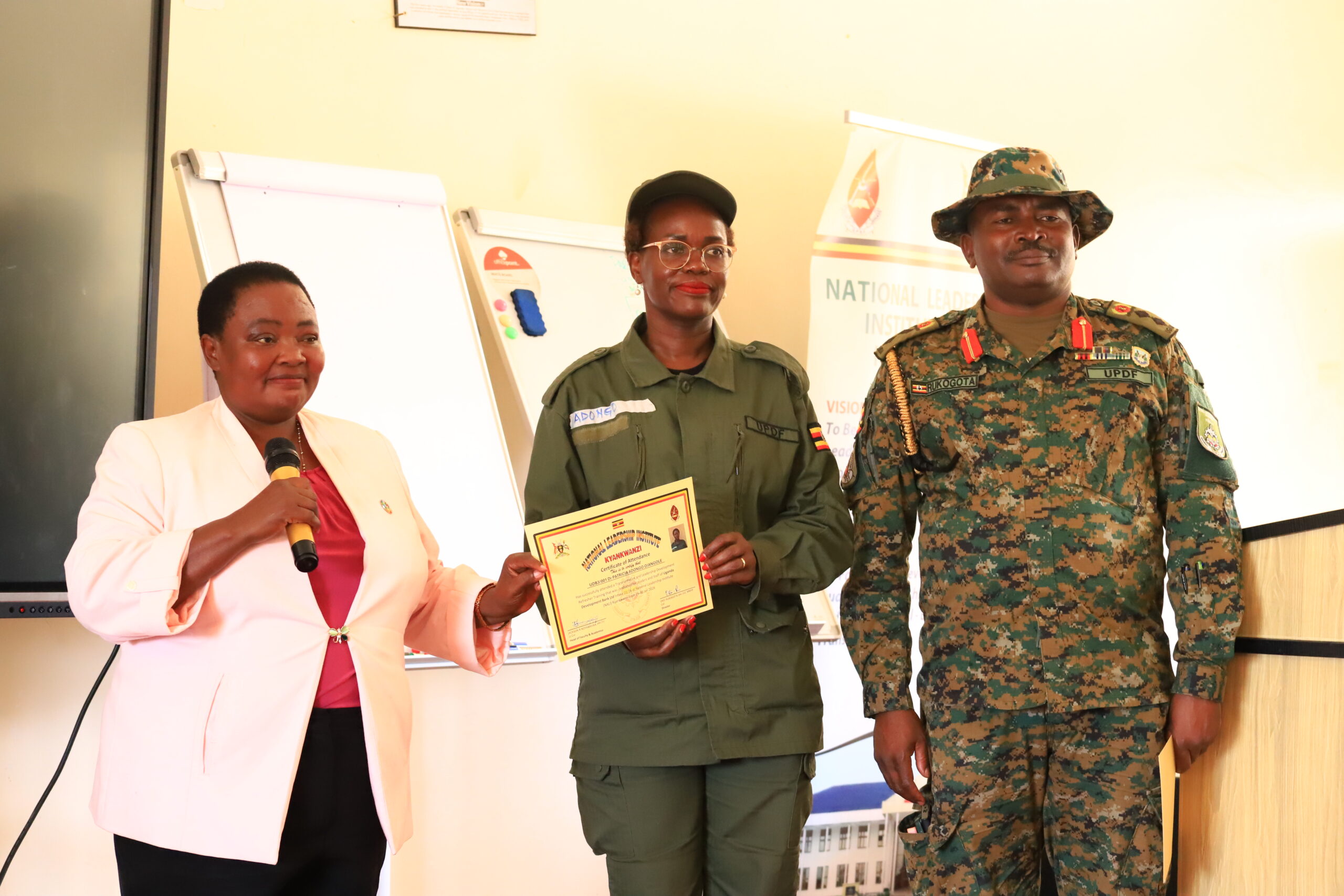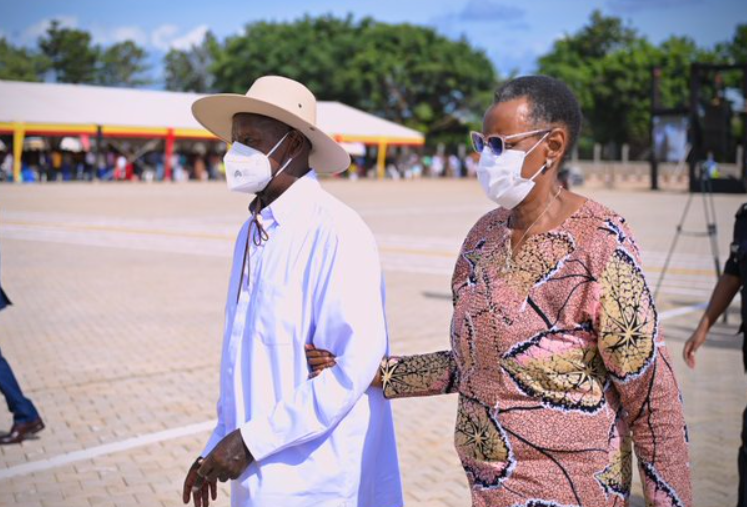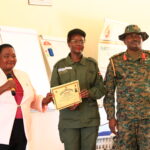The government has commenced the nationwide mass enrolment and renewal exercise for National Identity Cards, extending services to the parish level across all 146 administrative districts.
This large-scale operation is part of a broader initiative by the National Identification and Registration Authority (NIRA) to improve access to national identification services and prepare for the expiration of millions of existing ID cards.
The rollout follows the acquisition of four high-tech card printing machines, each capable of producing up to 3,000 national IDs per hour. These machines are expected to significantly reduce turnaround time and boost efficiency in the processing and issuance of ID cards.
The initiative complements earlier investments, including the delivery of over 5,000 biometric registration kits, which have played a crucial role in training Registration Assistants and Officers. Training has included comprehensive instruction and exit assessments to ensure that staff meet the required standards before deployment, thereby enhancing service delivery during the mass registration exercise.
With these technological and logistical advancements, NIRA is poised to streamline Uganda’s ID system, reinforcing its commitment to delivering timely and reliable identification services to all citizens.
The ongoing preparations mark a significant milestone in the implementation of the Mass Enrolment and Renewal exercise approved by Cabinet in August 2022. The exercise aims to: Renew approximately 15.8 million National IDs set to expire in June 2025 and Register an additional 17.2 million Ugandans who have not yet obtained ID cards
In a recent statement, Gen. David Muhoozi, Minister of State for Internal Affairs, reiterated that ID enrolment and renewal are free of charge for all Ugandans.
The minister emphasized that the registration process is free for all citizens acquiring or renewing their national IDs. However, those seeking to change or correct personal details will be charged Shs 200,000, while replacing lost IDs will cost Shs 50,000.
As Uganda moves forward with this ambitious national project, the enhanced infrastructure and trained workforce are expected to ensure a smoother, more efficient process—affirming NIRA’s readiness and dispelling concerns about the feasibility of the nationwide exercise.





















